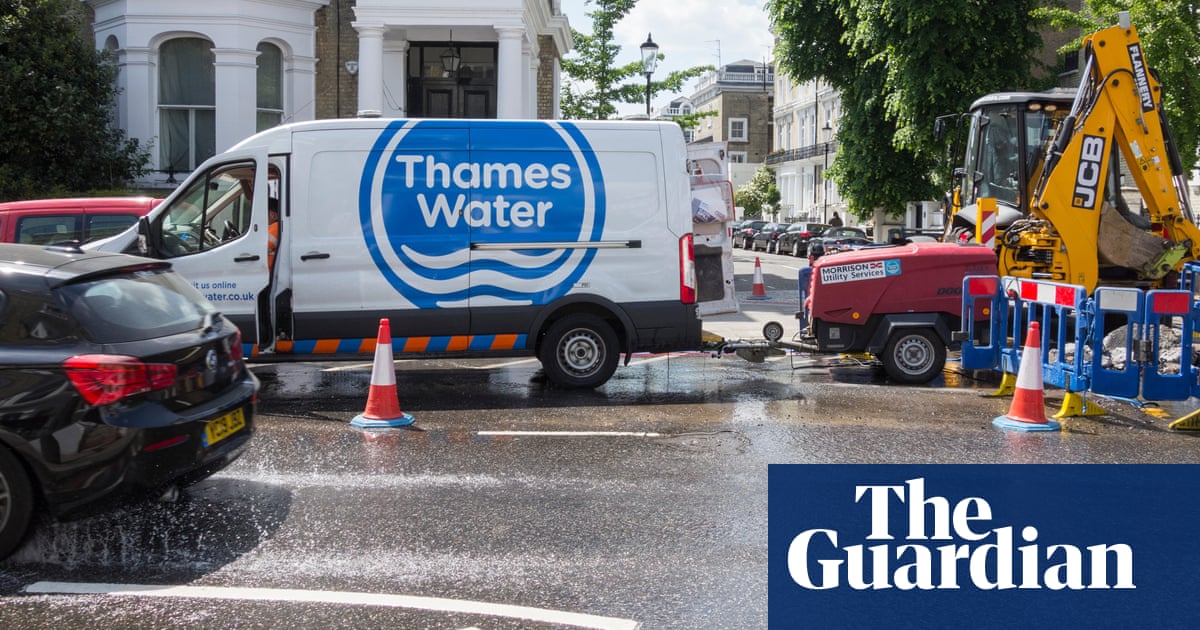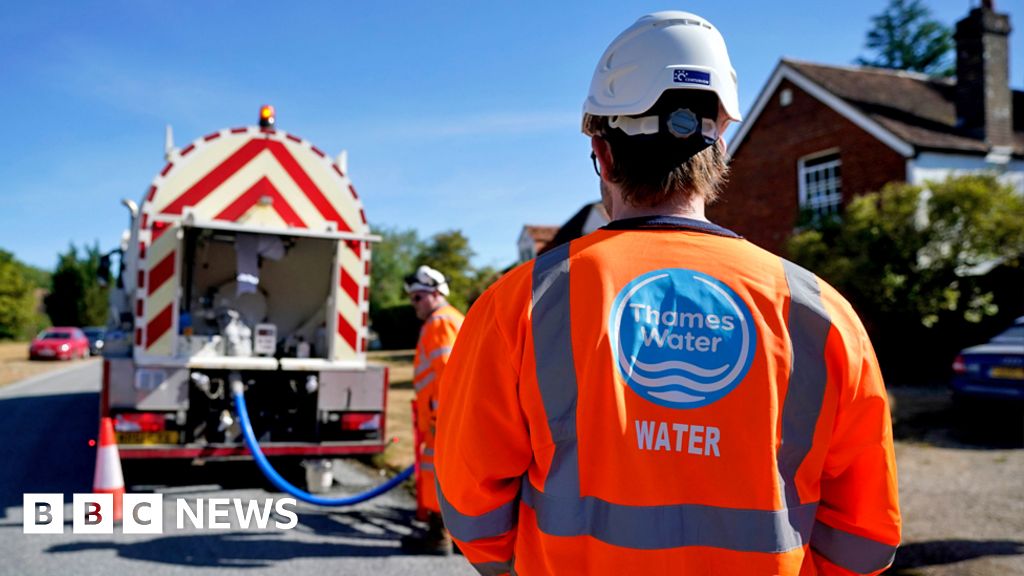Water privatisation has been a shocking scandal.
https://www.ft.com/content/f752468a-58e2-4928-9e3b-ee5bcce252aa
"It’s time to admit that water privatisation has been a failure. In 1989, the sell-off was touted as the route to greater efficiency and investment. But between 2002 and 2018, Scottish Water, which remains publicly owned, invested on average nearly 35 per cent more per household than English water companies, according to researchers at Greenwich University.
In 2018, Michael Gove, environment secretary at the time, said that England’s nine regional water and sewerage companies had paid out 95 per cent of their profits to shareholders between 2007 and 2016.Privatisation was always an odd step, and no other country has copied England.
Clean water is a vital public service wherever you are. This was shown by the tragedy of Flint, Michigan in the US, when an attempt to save money by tapping a contaminated river in 2014 led to residents being poisoned. Four government officials resigned and the water company Veolia was sued over its failure to admit that there was lead in the supply.
The English scandal is sewage. Last year, Southern Water pleaded guilty to knowingly permitting noxious matter to enter rivers and seas for almost six years. Running its treatment plans below capacity, it had dumped raw sewage into protected seas, contaminating shellfish and acting with what the judge said was “a wholesale disregard for the environment, for delicate ecosystems and . . . human health”.
Incredibly, despite this outrage, water companies still self-report pollution “incidents”. The government recently claimed that “high levels of self-reporting demonstrate transparency and honesty”, and that without it, public agencies would “be reliant on third parties to report when things have gone wrong”. But the environment agency says companies report only 77 per cent of incidents — which doesn’t seem like a “high level”.Moreover, it is only thanks to third parties — including the musician Feargal Sharkey, the Rivers Trust, Surfers Against Sewage and independent scientists who have paddled out and taken samples — that the scale of the horror has been exposed. They have been the true guardians of our environment.
The official watchdogs have failed. When the chief executive of Ofwat, the regulator, appeared on BBC radio this week, he sounded like a lobbyist for the water industry. David Black dismissed critics as confused and claimed that net investment had increased fourfold since privatisation. Yet Ofwat’s own website says that investment has only “roughly doubled” in that time. And FT analysis suggests that water companies have cut investment in critical infrastructure by a fifth since the 1990s.
Despite Black’s protestations that the sector is “difficult to understand”, it was not hard to anticipate that climate change and population growth would increase demand for water. But the sector has not built a single large reservoir in England for 30 years.
There are only two things which are really difficult to understand: the complex web of ownership, which now includes sovereign wealth funds and private equity, and why Ofwat has been so supine.
On leaks, the regulator is simply not ambitious enough. The industry is largely meeting the targets set — but those are far less demanding than those achieved in Germany and Denmark. On pollution, the judge in the Southern Water case reflected that previous penalties had made no difference to the company’s behaviour.
As customers, we are captives with nowhere else to go. When Thames Water unexpectedly landed me with a whopping bill a while ago, its staff were perfectly polite. But it took time for them to accept that the cause of escalating use might be a leak, not a sudden desire by every member of my family to take baths all day. The man who finally visited, far from using “modern surveillance technologies”, simply peered into a hole in the pavement outside my house where, it turned out, some ancient equipment had broken. It took a long time to get my money back.Rather than issuing fines which may just get passed on to customers, the answer is surely to make the water companies bid for a licence to operate, against stringent criteria. We must also stop Ofwat setting what its chief executive calls “challenging but achievable targets” — a phrase which gives the game away. And we should let Sharkey or another campaigner chair the regulator. Only such radical moves will stop the drip-drip of bad news turning into a torrent"



